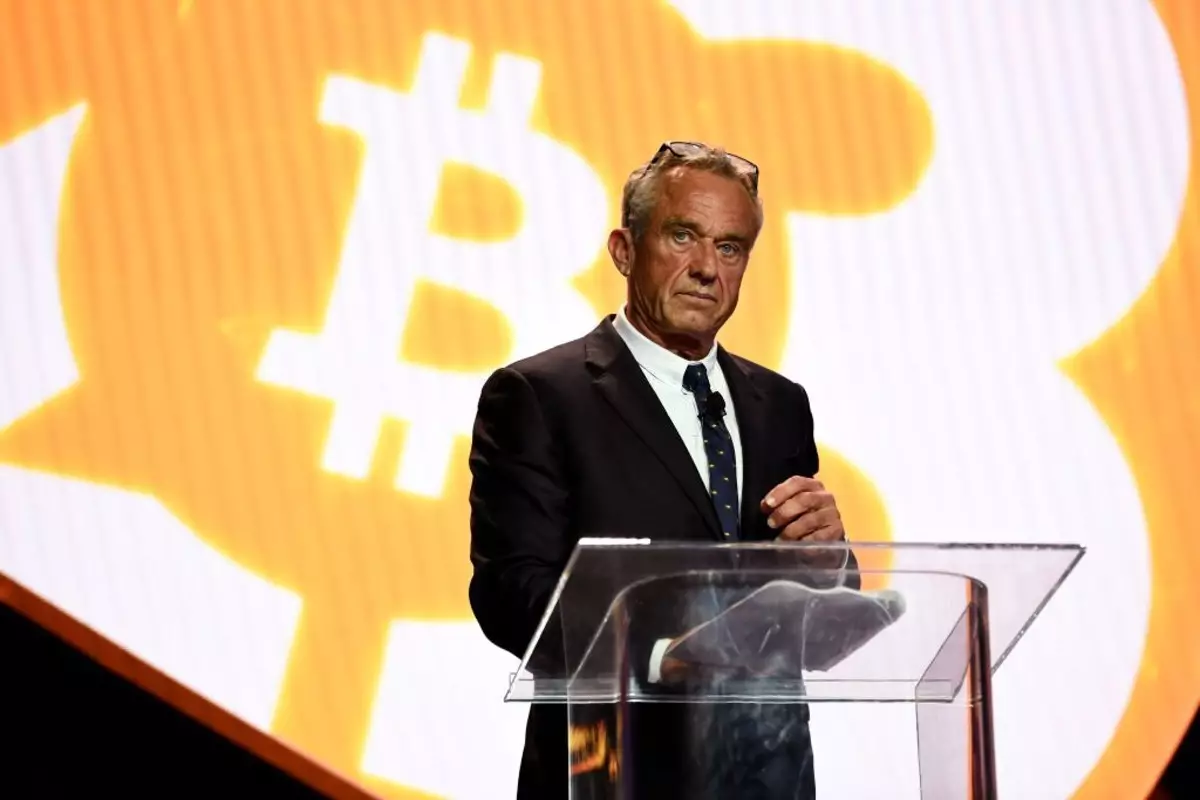The debate surrounding the environmental impact of Bitcoin has been a hot topic in recent years. However, Presidential Candidate Robert F. Kennedy (RFK) Jr. has come forward to defend Bitcoin against these criticisms. In a response to a recent Twitter thread by Daniel Feldman, RFK emphasized the symbiotic relationship between Bitcoin mining and renewable energy sources. This article delves into RFK’s defense of Bitcoin and the economic benefits it offers.
Daniel Feldman highlights the positive correlation between Bitcoin mining and renewable energy generation. He argues that Bitcoin mining can improve the electric grid and reduce reliance on fossil fuels. RFK acknowledged this argument and stated that using environmental concerns to restrict financial transactions is unjust. He believes that the environmental argument should not be used as a smokescreen to limit financial freedom.
Contrary to popular media narratives, Daniel Feldman asserts that Bitcoin mining yields various economic benefits. He advocates for a shift in the climate debate from polarization to innovation. Feldman argues against government subsidies for renewable energy sites, stating that they create market distortions and hinder investment in transmission and distribution infrastructure. On the other hand, Bitcoin mining creates a global market for electricity and encourages investment in renewable energy projects without tax incentives.
As the world becomes increasingly digitized, electricity-hungry data centers powered by renewable energy will play a vital role. However, most renewable energy sites are currently unprofitable without government subsidies. Bitcoin mining offers a solution to this problem by providing a new revenue source for renewable energy producers. These flexible Bitcoin data centers can sell energy into the local electricity market, benefiting both the producers and the end consumers.
“Pursuing Bitcoin miners’ lowest ‘levelized cost of energy'” proves to be a game-changer for renewables. By attracting new investments and improving transmission infrastructure, Bitcoin mining contributes to the growth of renewable energy. This not only benefits the environment but also lowers costs for end consumers. Efforts are being made to explore more energy-efficient consensus mechanisms in order to address the environmental concerns surrounding Bitcoin mining.
Robert F. Kennedy Jr. is an outspoken advocate of Bitcoin. As a Democratic candidate for president, he has made promoting Bitcoin a central part of his policy proposals. Kennedy envisions making America the global hub of cryptocurrency, particularly Bitcoin. Despite his relatively low chances of winning the Democratic Party’s nomination, he has garnered support from Bitcoin maximalists. His recent purchase of 14 Bitcoins, with the intention of giving two to each of his seven children, further demonstrates his enthusiasm for the cryptocurrency.
While RFK supports Bitcoin, he strongly criticizes central bank digital currencies (CBDCs). He believes that CBDCs are tools of control and oppression that are likely to be abused. This contrast in views highlights RFK’s conviction in the decentralized nature of Bitcoin and its potential for financial freedom.
Robert F. Kennedy Jr.’s defense of Bitcoin against environmental impact criticisms sheds light on the positive aspects of Bitcoin mining and its relationship with renewable energy sources. He emphasizes that the environmental argument should not be used as an excuse to restrict financial freedom. With the growing digitized world and rising energy demands, Bitcoin mining can play a crucial role in promoting renewable energy and benefiting end consumers.


Leave a Reply